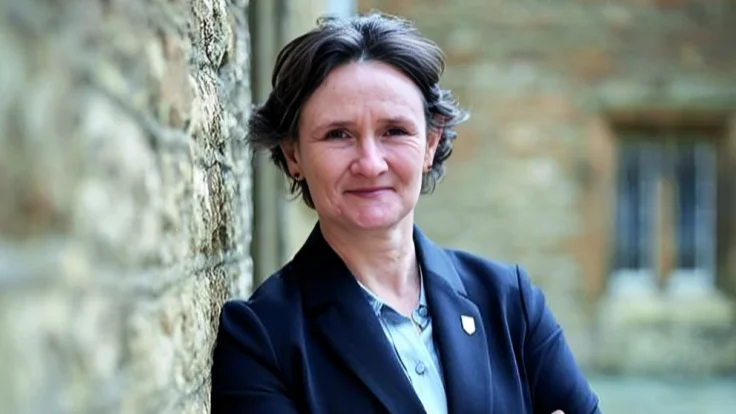Researchers at the University of Oxford have achieved what they describe as the most accurate qubit operation recorded globally, marking a significant advancement in quantum computing. This achievement is expected to contribute to the development of practical quantum computers capable of solving real-world problems.
Professor David Lucas from the Department of Physics at the University of Oxford remarked on the significance of this milestone: "As far as we are aware, this is the most accurate qubit operation ever recorded anywhere in the world. It is an important step toward building practical quantum computers that can tackle real-world problems."
To illustrate the precision, it was noted that "a person is more likely to be struck by lightning in a given year (1 in 1.2 million) than for one of Oxford’s quantum logic gates to make a mistake." The team aims to run millions of operations across many qubits for useful calculations on a quantum computer. High error rates would render final results meaningless; however, this new method reduces errors and consequently decreases the number of qubits needed, which lowers both cost and size.
Molly Smith, co-lead author and graduate student at Oxford's Department of Physics, stated: "By drastically reducing the chance of error, this work significantly reduces the infrastructure required for error correction, opening the way for future quantum computers to be smaller, faster, and more efficient. Precise control of qubits will also be useful for other quantum technologies such as clocks and quantum sensors."
The team achieved unprecedented precision using a trapped calcium ion as a qubit. Instead of conventional laser methods, electronic (microwave) signals were used to control these ions' quantum states. This approach offers greater stability and is more cost-effective than lasers.
Oxford researchers conducted their experiments with equipment at Clarendon Laboratory. Team members included Dr Mario Gely, Molly Smith, Aaron Leu, and Professor David Lucas. The project also involved visiting researcher Dr Koichiro Miyanishi from Osaka University's Centre for Quantum Information and Quantum Biology.
This breakthrough builds upon previous successes by Oxford's team in achieving low single-qubit error rates. Despite these advancements, challenges remain in developing two-qubit gates with lower error rates—essential for fully fault-tolerant quantum machines.
The research forms part of efforts within the UK Quantum Computing and Simulation Hub under the UK National Quantum Technologies Programme. The study titled ‘Single-qubit gates with errors at the 10−7 level’ will be published in Physical Review Letters.

